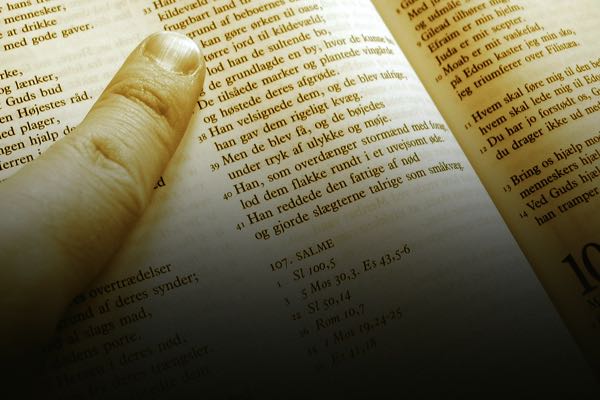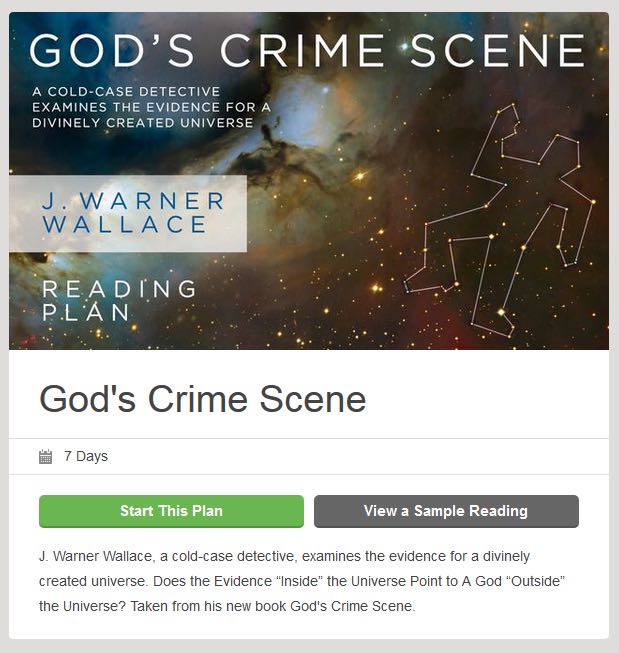
Was I warranted in believing everything in the universe could be explained with nothing more than space, time, matter and the laws of physics and chemistry? Could my naturalism truly account for the most interesting and demanding features of the universe? Every worldview must provide an explanation for the reality we experience. It was time for me to see if my philosophically natural worldview could account for eight critical pieces of evidence:
The beginning of the universe
The fine-tuning of the universe for the existence of life
The origin of life in the universe
The appearance of design in biological organisms
The existence of consciousness
Our experience of free agency
The existence of transcendent, objective moral truths
The persistent problem of evil
The next step in my investigation would require me to critically examine my own presuppositions to see if they were supported by the evidence. This part of my journey is recorded in my new book, God’s Crime Scene: A Cold-Case Detective Examines the Evidence for a Divinely Created Universe.
My personal journey of investigation took months to complete, and my study of the evidence became a daily devotional of sorts. As I sifted through the cosmological, biological, mental and moral evidence, I found myself more and more convinced of God’s existence. I examined the universe using the same skills and techniques I would use to investigate any crime scene to see if an external suspect is the most reasonable suspect, and once I was convinced an all-powerful God outside the “room” of the natural universe was the best explanation for the evidence “inside the room,” I returned to the Gospels. While most of my suspects are reluctant to confess, this “suspect” already had. The Gospels describe the God I identified in my investigation of the universe. If you would like to begin examining the universe as part of your daily devotional life, I have a suggestion and a resource. Share on X
If you would like to begin examining the universe as part of your daily devotional life, I have a suggestion and a resource. I’ve created a 7 day devotion based on God’s Crime Scene and you can read it for FREE on the YouVersion Bible App:
I hope this brief journey will ignite a passion to investigate the evidence so you can make the case for what you believe. I’ve included Bible verses in each daily devotional, so be sure to connect the dots with the Scripture. You’ll be amazed at the relevant way in which God’s Word continues to address every aspect of life, including the nature of the universe in which we live.

J. Warner Wallace is a Dateline featured Cold-Case Detective, Senior Fellow at the Colson Center for Christian Worldview, Adj. Professor of Christian Apologetics at Talbot School of Theology, Biola University, author of Cold-Case Christianity, God’s Crime Scene, and Forensic Faith, and creator of the Case Makers Academy for kids.
Subscribe to J. Warner’s Daily Email
J. Warner Wallace is a Dateline featured cold-case homicide detective, popular national speaker and best-selling author. He continues to consult on cold-case investigations while serving as a Senior Fellow at the Colson Center for Christian Worldview. He is also an Adj. Professor of Christian Apologetics at Talbot School of Theology, Biola University, and a faculty member at Summit Ministries. He holds a BA in Design (from CSULB), an MA in Architecture (from UCLA), and an MA in Theological Studies (from Gateway Seminary).

































